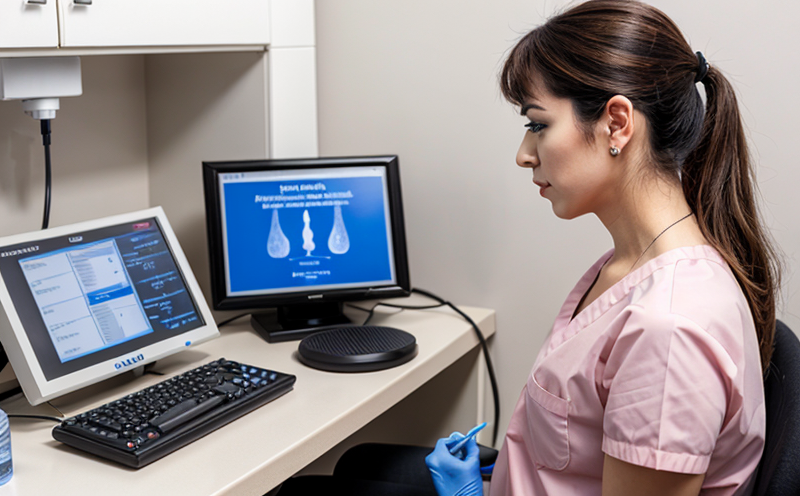Placental Hormone Testing in Veterinary Reproduction
In veterinary reproduction, placental hormone testing plays a critical role in ensuring reproductive success and maternal health. This service is essential for understanding the physiological processes that occur during pregnancy, which can significantly impact neonatal development and overall herd health.
Placental hormones are crucial for maintaining the uterine environment necessary for fetal growth and development. They also play a key role in regulating the mother's metabolism and immune system. Testing these hormones helps veterinarians diagnose reproductive issues early, ensuring timely interventions that can improve pregnancy outcomes.
The primary goal of placental hormone testing is to identify hormonal imbalances or deficiencies that could lead to complications such as miscarriage, stillbirths, or weak offspring. By monitoring key hormones like prolactin, cortisol, and progesterone, veterinarians gain insights into the health status of both the dam and fetus.
Testing methods have evolved significantly over the years. Initially, qualitative tests were used to detect the presence of certain hormones. However, modern approaches employ quantitative techniques that measure hormone levels with greater precision. This allows for more accurate diagnosis and treatment planning.
The importance of placental hormone testing extends beyond just diagnosing problems; it also aids in optimizing breeding programs by identifying factors that contribute to successful pregnancies. For instance, monitoring progesterone levels can help determine the optimal time for artificial insemination or embryo transfer procedures.
In conclusion, placental hormone testing is an indispensable tool in veterinary reproductive medicine. It enables precise diagnosis and targeted interventions, ultimately leading to healthier offspring and more productive livestock populations.
Scope and Methodology
| Parameter | Description |
|---|---|
| Hormones Tested: | Including but not limited to progesterone, estrogen, cortisol, and prolactin. |
| Sampling Type: | Maternal blood samples collected throughout gestation. |
| Sample Preparation: | Samples are stabilized and shipped to the laboratory for analysis within 24 hours of collection. |
The methodology involves a series of steps designed to ensure accurate measurement and interpretation of hormone levels. Initially, samples undergo rigorous quality control checks to eliminate contamination or degradation issues. Subsequently, they are analyzed using highly sensitive immunoassay techniques that comply with international standards such as ISO 17025.
Once the data has been collected, it is compared against reference ranges specific to each hormone and gestational stage. This comparison helps identify any deviations from normal values that may indicate underlying issues requiring intervention.
The results are then summarized in comprehensive reports tailored to the needs of veterinarians and livestock producers. These reports not only provide a summary of findings but also offer recommendations for management strategies aimed at enhancing reproductive success rates.
Benefits
The benefits of placental hormone testing are manifold, extending far beyond mere diagnostic capabilities. Early detection of hormonal imbalances allows veterinarians to implement corrective measures promptly, thus reducing the risk of complications during pregnancy.
By providing detailed insights into maternal health and fetal development, this service facilitates better decision-making regarding breeding programs. It enables farmers and breeders to optimize their operations based on scientific evidence rather than guesswork or anecdotal information.
The use of precise testing methods ensures that interventions are targeted accurately, leading to improved outcomes for both the mother and offspring. This can translate into increased profitability through higher quality livestock products and reduced veterinary costs associated with treating complications.
Furthermore, regular monitoring of hormone levels helps establish trends over time, which can inform long-term strategic planning in reproductive management practices within herds or flocks.
In summary, placental hormone testing represents a vital component of modern veterinary reproductive healthcare. Its ability to provide accurate and actionable information contributes significantly towards achieving optimal reproductive health outcomes across various species.





